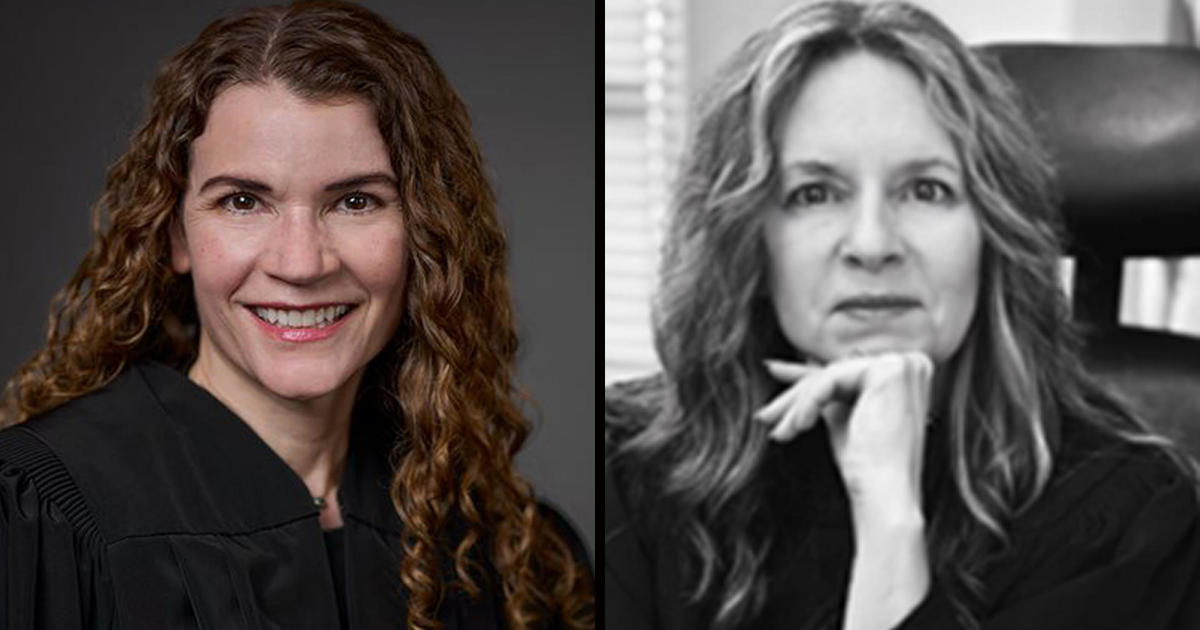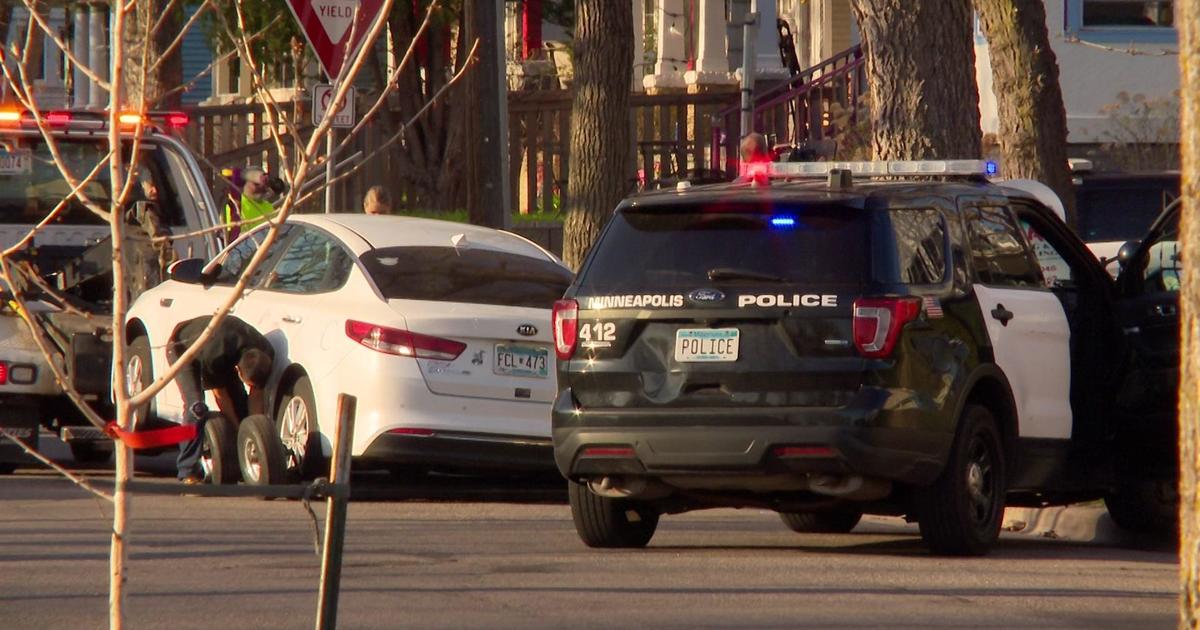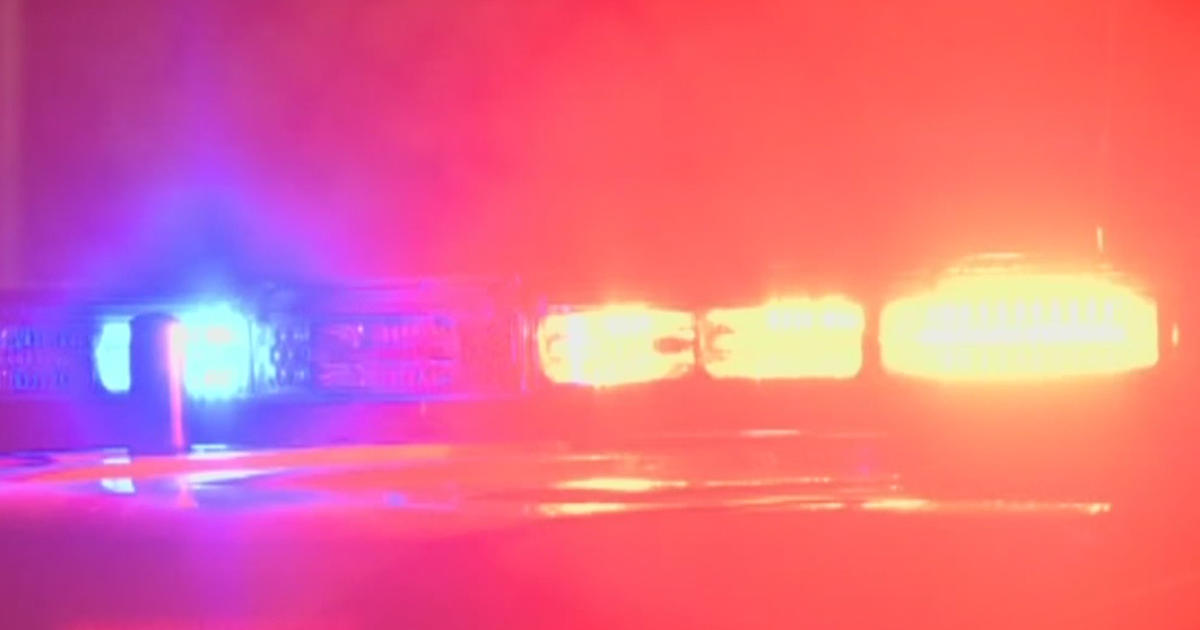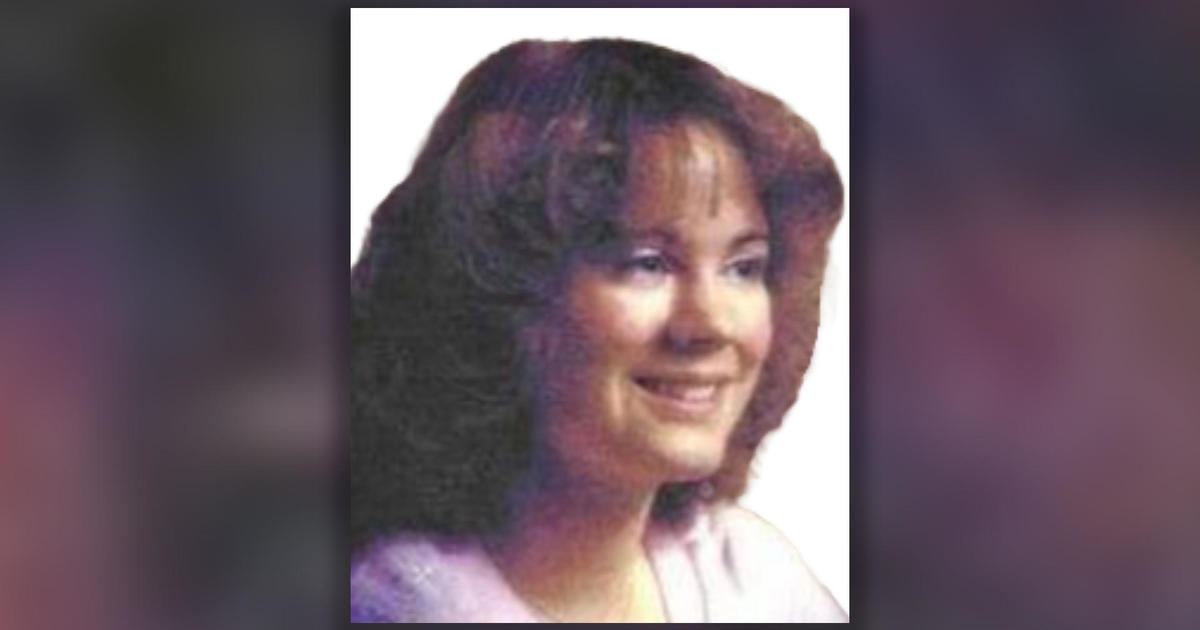Dems Propose Creating Special Office For Deadly Force Cases
ST. PAUL, Minn. (AP) — Some Minnesota lawmakers proposed Monday that a special prosecutor be created to handle every case in which police use deadly force, just weeks after a county prosecutor declined to charge the two Minneapolis officers involved in the shooting death of a black man.
Sen. Scott Dibble, a Minneapolis Democrat and the bill's chief proponent, said the proposal is not a response specifically to the outcome after Jamar Clark's death but a move to address the attention on officer-involved deaths nationwide and remove doubt about a judicial process that critics complain lacks accountability and too often leads to no charges against officers. He called it an extra layer of independence.
"This would perhaps give an avenue ... that there be someone who's understood to be completely independent to be able to carry out that investigation and make some decisions about what happens," Dibble said.
With just five weeks remaining in the session and key deadlines for legislation already past, Dibble conceded the measure won't become law this year. Rather, he said he wanted to spark a conversation he hopes may continue when a new Legislature comes to the Capitol next year.
The proposal would route every officer-involved incident that causes great bodily harm to a newly created special prosecutor's office for investigation and a decision on whether the officers should face any charges. In Clark's case, the state's Bureau of Criminal Apprehension investigated, then forwarded the case to Hennepin County Attorney Mike Freeman's office. Freeman announced last month he would not charge the two officers involved.
"This is not about Mike Freeman ... or calling into question anything that Mike Freeman has done," Dibble said.
But the bill is a clear nod to protesters' complaints that the outcome of Clark's case — and decisions in police use of deadly force cases overall — lean too far toward protecting law enforcement. The special prosecutor's office would be governed by a five-member board made up of a law enforcement officer, a city or county attorney and three members of the public — at least one of whom has suffered from a brush with police. The bill also requires one person of color as a public member.
Rep. Tony Cornish, a top House Republican on public safety issues, said the idea would be a non-starter for him, arguing that legal decisions are best left to local officials or people within the community where the incidents occur. Cornish has been a vocal defender of the grand jury process that local Black Lives Matter protesters successfully lobbied Freeman to skip in the Clark case.
"I think everybody seems to be anxious to dream up new ways to prosecute somebody when certain advocacy groups don't get the decision they want," the Vernon Center lawmaker said.
(© Copyright 2016 The Associated Press. All Rights Reserved. This material may not be published, broadcast, rewritten or redistributed.)



